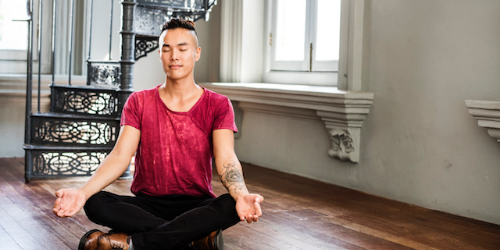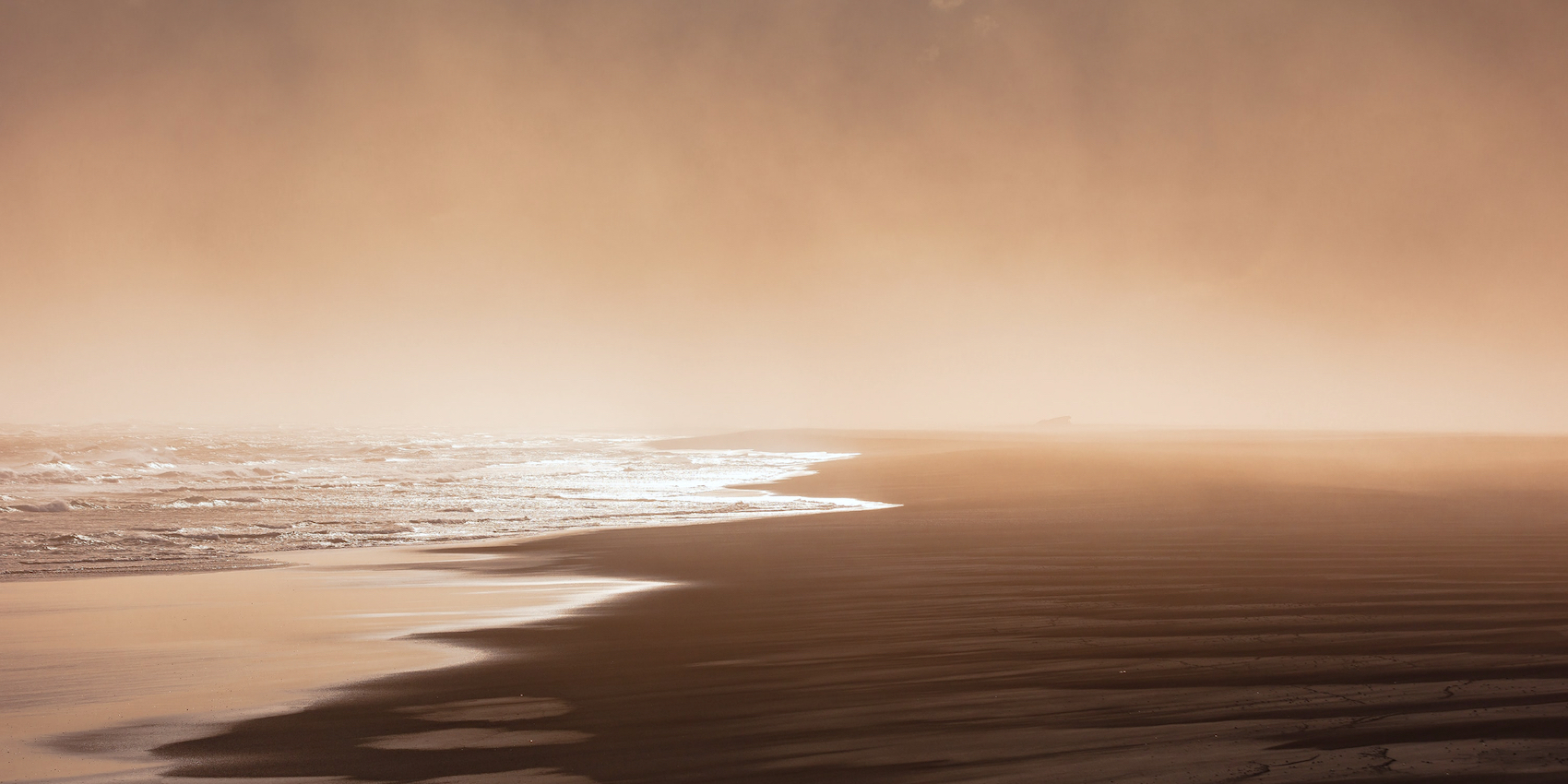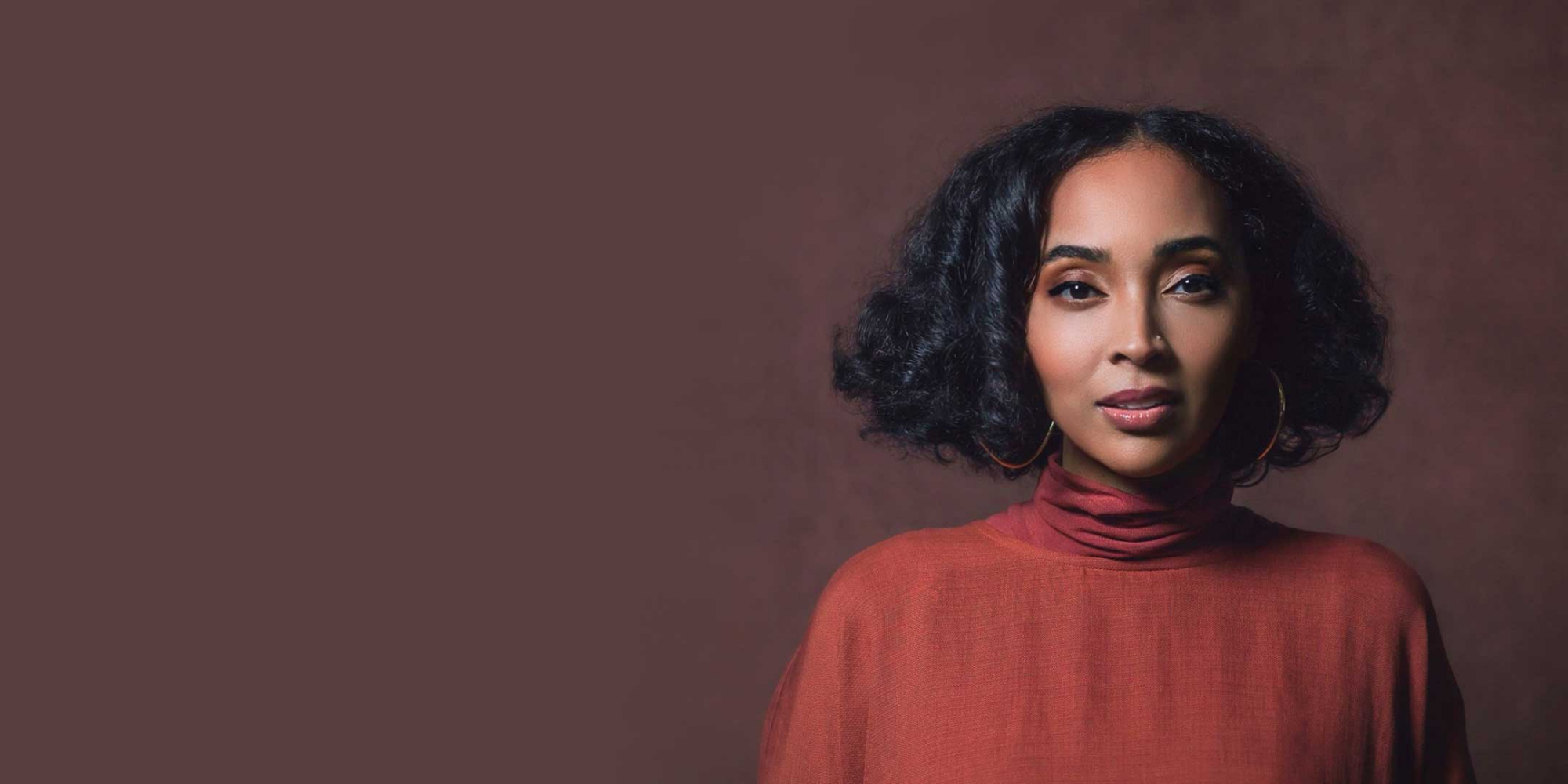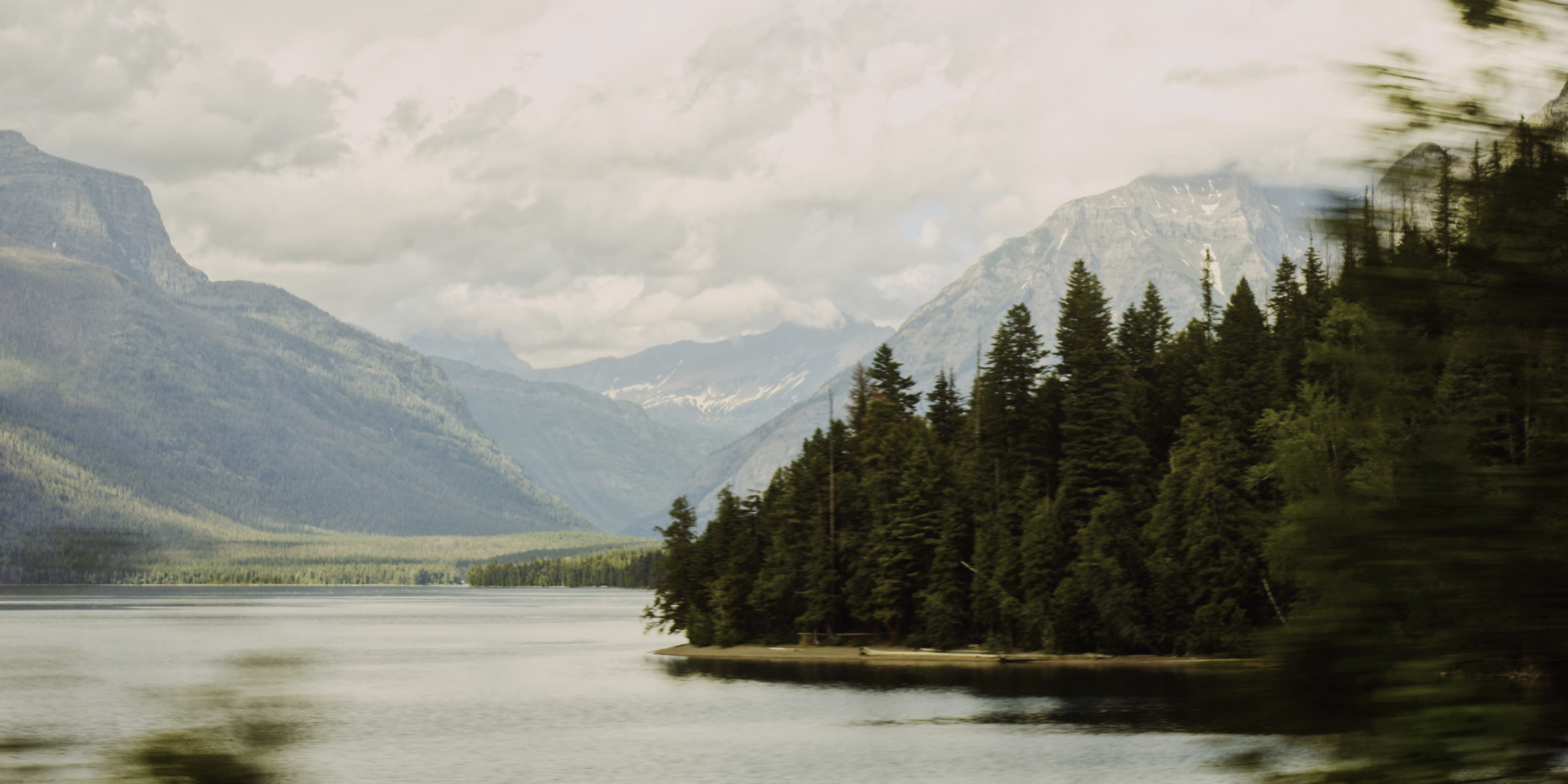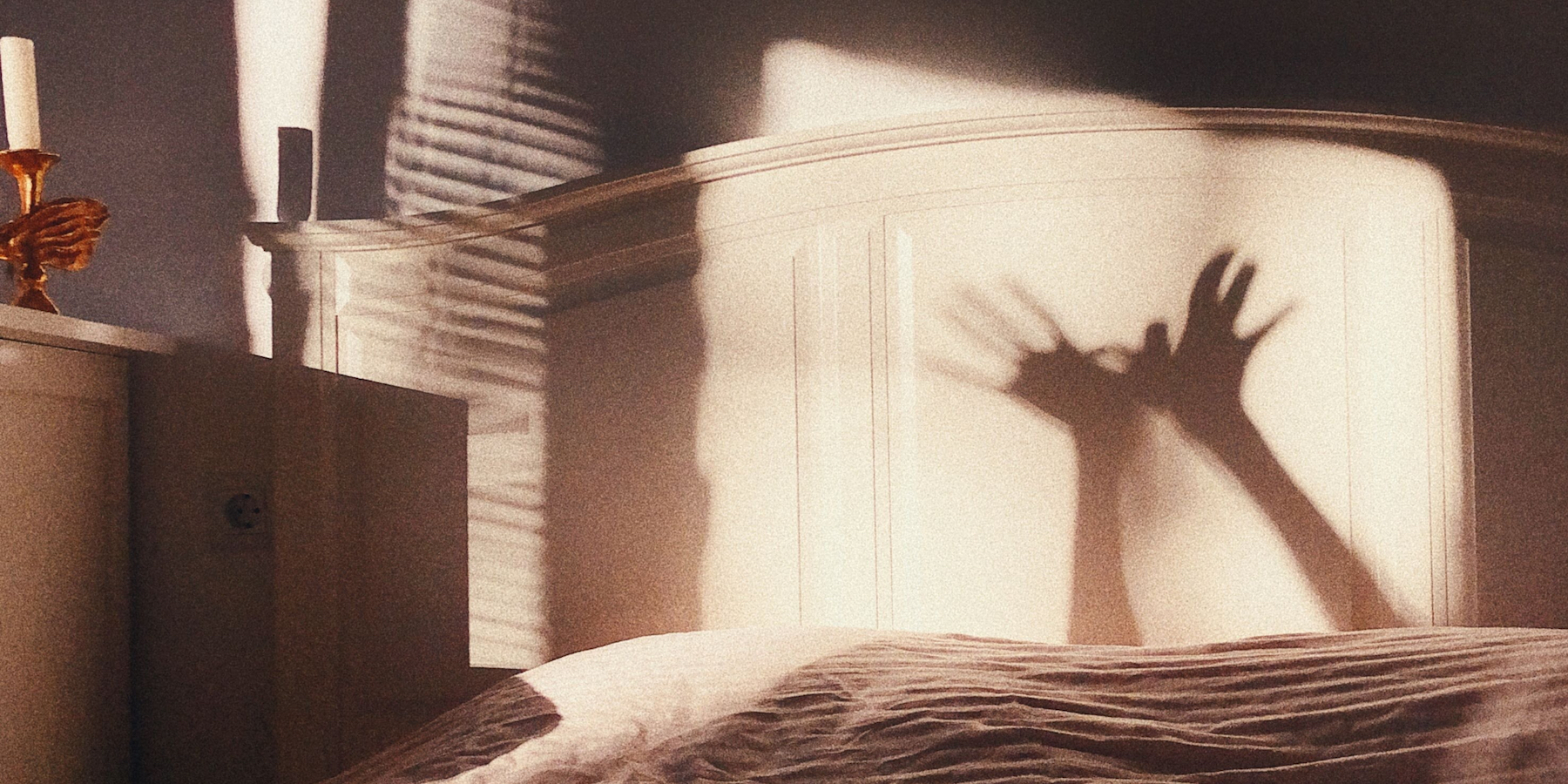From my earliest memories as a child, I always had a felt sense that something about me was different; and that the traumatic history of my parents would influence their rejection of that very difference.
The differences started becoming more and more pronounced as I transitioned from daycare to preschool. Though I was born on American soil, like most first-generation kids, I was brought up speaking Cantonese. The absolute confusion of hearing English spoken aloud sent the 4-year-old me into an inward retreat. It took me until the first grade to fully grasp the difference between Cantonese spoken at home and English at school.
While the average Christian went to Sunday school to learn how not to go to hell, I was learning Chinese history, writing and archaic poetry from the age of 5. I had the strangest desire to go to Church because it felt like I was missing out on this benevolent God of Easter bunny eggs and Santa Claus presents. Why was I subjected to reciting the equivalent of Old-English poetry that adults can’t even understand? And why did my mother physically punish me if I refused to draw those painstakingly difficult Chinese characters on rice paper with a horse-haired calligraphy brush?
Johnson’s Family’s History In China
My parents came from a family of anti-communist judges, ministers, and landowners. During the late 1960s of the Chinese Cultural Revolution, my parents’ families were dubbed as enemies of the state, and as a result, forced to flee from persecution. My father spent most of his 20s in jail, failing to join the successful ranks of the boat people who escaped to Hong Kong, which was under British occupation at the time. In a final make it or break it attempt to escape, my father, mother and four others packed up necessities for 7 days and 7 nights. They smuggled their way through the subtropical hills and forests protected only by the shade of night. Eventually, they swam across the waters that separate Szenchen and Hong Kong hoping to reach their family who had already made it out of the mainland years earlier.
My parents’ seldom talked about their history, except on the few occasions they no longer could bottle in the years of intense emotions they willfully tried to repress. Their rehashing of this old wound story usually was in conjunction with a good ass-whooping. As a rambunctious kid who constantly challenged the status quo with the ever-annoying question, “why?,” and doing everything I could to fight their authority, I was a frequent subject of a major ass whooping. My mom’s nickname for the feather duster was “tung tiew,” which translated as a policeman’s baton. At times, the irony was too perplexing. The relationship between abuser and victim from a country who brutally rejected my parents’ was now subconsciously repeating in my parents’ relationship with me. Why?

Traumatic Past Lashing Out
My mother was the main executioner of discipline in the household while my dad worked like a mule to support the family.
The constant badgering from my mother to be a better person, to get good grades and to land a high paying career so that I could support her and my dad in their old age was a reflection of her entire MO for hurting me. My parents’ weren’t alcoholics or substance abusers, but yet, me and my siblings still bore the brunt of harsh physical discipline. It was confusing when I would encounter a wrathful mother who lost control of her temper because I also knew on some level, she was acting like a hurt child. Her explosive tantrums were a reflection of how her need to control every aspect of my behavior was rooted in her traumatic past.
As a child, when my mother stormed into the bathroom when I was taking a shower, and whipped me with a leather belt until I cowered into a wet ball, the first thing I felt was clearly the pain of getting whipped. Then, the feeling of bewilderment as to what I had done wrong is replaced with a strange sympathy for knowing the only reason she hurt me was because she herself was still hurt. And so, I grew up with this underlying fear of telling the truth openly for not only the fear of verbal rejection but harsh physical and emotional rejection.
Hoping To Be An Alien
In the same way that Communist China had rejected my parents, and how my parents’ had rejected any notion of the pursuit of individualism as a trait for success for their children, my mind was actively rejecting all aspects that I considered negative about myself: my parents, my upbringing and my culture. When I was 6 or 7, I remember praying every night that someone would show up and tell me that I was adopted or that I was actually an alien from outer space. I thought it would offer me solace from how out of place I felt within my family.
At five years old, I remember trying on my mother’s bra and high heel shoes, which apparently is a more normal occurrence nowadays. How I knew I was not normal, was when I would start to pretend to make out with the hunks that Susan Lucci would kiss on Days of Our Lives. I was that kid who secretly changed the channel from Barney on PBS to fantasizing about being a soap star vixen at the age of five. Every time there was a shirtless man on TV, I felt a strong sense of magnetism to the male form. I remember during my alone time, I would look at my primary school class photos and start naming my boy crushes to myself.
I knew deep down that society and my parents would not approve.
Growing up in New York City, by the second grade, you have some idea of what sex is because everyone is talking about when the teachers aren’t looking. And the boys were already using the phrase ‘that’s so gay,’ as a derogatory term to bash other kids if they were considered effeminate or ‘weird.’ So early on, I had associated gay with being disgusting and undesirable.
Read more: By telling the powerful journey of her client Janet, psychotherapist and meditation teacher Dorothy Ratusny emphasizes the importance of teaching children self-love.
How To Eat And Not To Be Eaten
Fast forward into my teenage years where I was extremely conscious of how a faraway college was my ticket for escaping the thrall of my parents. I craved from the bottom of my heart to live free from the controlling grasp of my parents. I spent my high school years preparing for my much anticipated departure by using what I valued the most at the time, my intelligence.
My outlook on life had a strong emphasis on using my mind to create manageable barriers to protect me from embracing my feelings. It made sense to me as it was a seemingly more civilized way of being and an improvement from the volatility of my mother’s emotional waves.
Over time, I adopted a very strong atheistic perspective on life. It was a direct result of the logic and reason based style of the Western education model.
The intelligence of the mind is the center of everything in modern mainstream education. School was all about memorizing information, most of which we will never use in our adult life unless we are deciding to become an astrophysicist. It’s not like we got to go to a class on intuition or how to navigate difficult emotions.
So the only way to make sense of my childhood, my inability to fit in, was that the universe operated under the unrelenting Machiavellian principles. And the only way to survive was to be mindful of how to eat and not be eaten. Hence, the years of building up walls that kept people at a distance because I secretly hated myself. I hated myself because I hated my culture and how I was a product of collective unresolved trauma. The baseline was I was afraid of being hurt, and all my choices were considered with hypervigilance of my safety.
The Saving Grace
My saving grace was that I stumbled on yoga in acting conservatory at 19. I started a diligent practice at 20 – 21, and yoga was my ‘gateway drug’ into meditation.
Yoga for me was strictly physical in the beginning. I didn’t see it as a spiritual experience. I knew Madonna did yoga, and it was a pop culture phenomenon that was amazing for strength, flexibility and overall health. But over time, I started to notice how much more focused and centered I became after class. There was this indescribable clarity in my body and mind that allowed me to feel myself more deeply over time.
I loved going to intense physical vinyasa classes that made me sweat buckets. By the end, my mind was so exhausted, that I really could only feel. And some hidden part of me desired the experience to feel all parts of me.
Pause here and practice with these guided meditations by Johnson Chong:
- Healing Our Inner Victim, Damsel & Self-Critical Judge Johnson Chong 32:57
- Learning To Accept All That Is Johnson Chong 27:53
- Eliminate Stress And Anxiety Through Deep Awareness Johnson Chong 9:51
- Deep Relaxation: Recharge And Restore Johnson Chong 36:47
- Find Your Personal Power to Manifest your Heart's Desire Johnson Chong 10:20
Releasing The Baggage
There were instances in class where I would go into a sort of daydream at the end of class during shavasana (the relaxation bit) and my body would start to cry.
It was most unexpected. I wasn’t thinking about sad thoughts, but my body was going through a kinesthetic release of all the baggage that I had decided to store away in the basement. My body wanted to let go so badly of these old wound stories, and so my limbs would twitch, tremor and shake while this overwhelming grief overcame me. Later on, I recognized that I never gave myself the permission to grieve the loss of my innocence. And here I was an early 20 something year old, muffling my sobs silently in the back of a yoga class.
At first, I doubted the usefulness of these emotional experiences as part of my healing process because my mind thought I was perfectly fine. Then it would happen more and more to the point that I would be wary of the end of a yoga class, and leave early just to avoid an emotional meltdown. It was undeniable that I had unresolved issues, and all these unexplainable energetic experiences were happening in my body softened my atheistic tendencies. I was eventually open enough to explore meditation classes and was immediately hooked.
The Unlabelled Consciousness
In meditation class, I was addicted to the concept of detachment, and the concept that I was not my body and not my mind, and that I was connected to a bigger picture.
There was a huge sense of relief when I was able to separate my consciousness from my identity. For those brief moments in meditation class, I was no longer my cultural baggage or my repressed homosexual self, I was just like everyone else in class. I was a part of consciousness that didn’t have labels. I didn’t have to identify anymore with identity which was the bane of my entire existence up until that time in life. All I had to focus on was the pure energy that made up me.
Running And Hiding During Meditation
At that point in time, I wasn’t into the myriad of science-based benefits that current research has verified about meditation. In my paranoid eyes, everyone was judging my every move, and I needed to carefully conceal certain parts of myself so that I could be accepted. My main motivation was to reduce the constant anxiety I seemed to feel from simply existing. Now, neuroscientists have confirmed the hormonal benefits of how meditation decreases the inflammatory chemicals like cortisol, which if too high, can negatively affect our sleep, increase high blood pressure, cause fatigue, lead to depression and even exacerbate existing chronic illnesses. So when we are collecting ourselves and focus our breath through meditation, we actually experience a spike in self-awareness. Awareness is the key ingredient that propels us into changing unhealthy behaviors for optimal mental and emotional health.
As I learned to separate from my stories of rejection and fear; and the layers and layers of conditioned patterns of destructive behavior unraveled, I inevitably was brought face to face with a surprising truth. Somehow, the program of escapism and flight was not quite uprooted from my system. My childhood pattern of running and hiding from core issues crept its way into the way I was using the meditation techniques I was learning.
I caught myself using meditation as a coping mechanism to escape feeling myself fully. I was not yet engaging with the pressing issues of embracing and owning my pain.
“True detachment isn’t a separation from life but the absolute freedom within your mind to explore living,” says spiritual teacher Ron W. Rathbun. Instead, I fell into the trap of being indifferent about the way I was making decisions to show up in my life.
Yoga and meditation had become a drug for me to keep the pain at bay, instead of a tool for me to actually break free from my old stories. However, I do believe it was absolutely necessary for me to experience the numb-end of the pain spectrum, because it brought me to a choice-point where I needed to decide if I wanted to live in the extremes or find the middle way.
The Journey To Self-Actualization
I would only gather enough courage to face this head on when I was 26. I wrote a letter in Chinese, dropped it in the mail and flew to India for the first time on a soul journey.
Something within was fed up with how there was a misalignment between my inner world and my outer world. Why was I doing all of this meditation and then exploding suddenly at my brother and sister like I was still a petulant 12 year old? Why was I still massively triggered by my parents’ whenever they offered patronizing advice? Why did I still feel compelled to keep my homosexuality secret from my parents if I was truly on this path of self-awareness. I needed to go deeper, and knew that self-awareness wasn’t enough. I needed to self-actualize these realizations into reality.
It was hard. It was really hard. I spent my days taking various spiritually based courses in Reiki, Ayurveda, meditation and yoga. And I was still struggling with this emotional whirlwind of “I’m mad!” “I’m really sad!” “Why do I feel so much pain?” “Life is unfair,” blah blah blah.
In meditation, I experienced massive bouts of emotion pouring out from me. It’s like when you have strep throat, and you think you’re done clearing your nose of all the mucus, but it just keeps coming. How much more do I need to feel?
Chatting With The River
My most cathartic moment was doing a prayer assignment by my spiritual coach/Vedic astrologer. I was instructed to pray to the Ganga river, communicate with the elements, and connect deeply into the source of existence to discover the answers. The doubtful part of me thought it was silly. Even though there was only a few people around, I couldn’t help thinking about what they would think about me if they saw that I was sitting in this polluted freezing river talking to the river gods and goddesses. It was this constant negotiation between my doubt and my willingness to change. I finally gave in. I thought to myself ‘I didn’t fly half-way across the world for half-ass answers — so, just get on with it already.’
Read more: Give yourself permission. Explore how to stop caring about what others think and overcome to fear of judgment.
My meditation practice had always been focused on distancing myself from the intensity of my undesirable emotions. I had never really had a communication with God tete a tete. I had an inkling that this is what the assignment was about. I found a well padded patch of sand and sat neck deep in the cold Himalayan ice water. Once I got over the initial shock of how cold the water was through deep yogic breathing and chanting mantras, I centered my mind on the task at hand. It felt more authentic to voice my questions out loud than to have an internal chat in my head, and so I literally had a chat with the river.
It took a while, but I started to get answers.
Read more: Start accessing your joy, acceptance and self-worth. Discover practices for self-encouragement when doubting yourself.
The Biggest Emotional Release Of My Life
A part of me hoped an Earl Jones god-like voice would boom out of the clouds, but that didn’t happen. I started to get very clear visuals and an intuitive felt sense of what I was seeing. Eyes closed, I felt like I was soaring through the universe, riding on comets and stars. I zoomed out, way out. And I got a glimpse of the big picture. I understood in that moment that I was not meant to run or hide from the pain. I needed to embrace the pain, all of it.
I stepped into the shoes of my father and my mother, and experienced head-on all the pain from their unfortunate upbringing. It was as if the intelligence of my body dethroned the authority of mind and sent me into the biggest emotional release of my life. I’m talking gut-wrenching pain, choking on mucus and snot as I yelled into the sky all of my rage, my grief, my hopelessness and my desperation. There was no censorship, there was only pure raw feeling as I punched and kicked the water. The process of fully blowing off my top was so liberating. I had never given myself permission to do it, partly because I didn’t believe I was worthy of venting my injustices.
And in that massive moment of letting it all out, after 15 or 20 minutes of exhaustingly wrestling the frosty water, a deep silence overtook me. I was on my feet now, and had walked out a bit farther from the bank, and could feel the quickness of how the river was flowing downstream. I understood not only on a mental level, but on a visceral level, that underneath all the pain, I was pure consciousness, pure energy. And as I connected to what the yogis call the atman or as my pure soul essence, I felt the cords of attachment to who I thought I was loosen their hold on me.
I was not a victim, a gay person, a Chinese-American, a son, a brother, a lover, a yoga teacher, a healer, an actor… and the list went on. It was this blissful shedding of every label that was ever externally and internally imposed on me.
Read more: Explore the process behind working with, freeing and healing the inner child and how it is connected with enlightenment.
Becoming The Author Of My Life
By the time I left the water, and hiked back up the hill to the ashram I was staying in, I knew that something had drastically shifted. My mind was the quietest it had ever been, and my heart felt open to possibilities of choice. I felt this overwhelming sense of power creep back into my body like I was reminded that I was the author of my life. I knew that from that moment on, however I chose to express my truth, so long as it was responsible and earnest, it was not my job to care about what anyone else thought. This was always the advice imparted upon me from my mentors, but this time, I actually felt it. It was the single most powerful moment of understanding I can recall on my spiritual journey that shifted how I did everything.
It was because of that moment of embracing my pain stories that I was able to transmute them into the courage to live. So I left the States, leaving everything that I knew behind to follow my dream of traveling. I have now had the great blessing of living and traveling in Southeast Asia for the last 6.5 years, and now calling Sydney, Australia my home base for the time being. And I see that my story is not unique. Everywhere I look, whether it is in another gay person’s eyes or a woman on the verge of divorce, I see a negotiation that is entangled in what we know as identity. I see everywhere around me a deep yearning for truth, and the stories that keep that truth muffled. And it is my deepest wish that as we move through our lives constantly reinvestigating and redefining what is actually important to us, that we stop hiding and running, and we start upgrading our values to honor trust, truth and transparency. Even if it means that we have to accept someone else’s non-acceptance of us.

